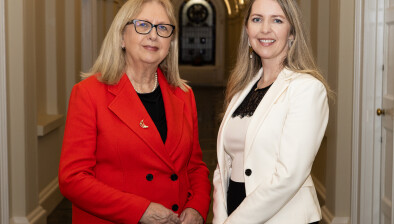EU delays implementation of landmark deforestation law

New EU rules on deforestation have been postponed for a year under pressure from businesses and farmers.
The landmark EU Deforestation Regulation (EUDR) aims to ensure that certain goods on the EU market do not contribute to deforestation and forest degradation in the EU and elsewhere in the world.
It covers companies who sell palm oil, cattle, soy, coffee, cocoa, timber and rubber, as well as some derived products, such as beef, furniture or chocolate.
The law will now become applicable on 30 December 2025 for large companies and 30 June 2026 for micro- and small enterprises.
Jessika Roswall, the European commissioner for environment, water resilience and a competitive circular economy, said: “With the agreement just reached between the European Parliament and the Council, a 12-month additional time is given to all businesses, farmers and a variety of international stakeholders that need to implement the EU Deforestation Regulation.
“The Commission has listened to their feedback and I am glad that our balanced proposal has been accepted, giving additional certainty and predictability to businesses.”
Environmental and conservation organisations have expressed disappointment with the delay as well as relief that the law was not watered-down.
Anke Schulmeister-Oldenhove, manager of forests at WWF’s European policy office, said: “It is a relief that the fundamental elements of the most progressive EU law to fight deforestation remain unchanged. However, delaying its application by a year is already a step backward, allowing deforestation to continue unabated.
“The deal is also significant in that it represents a major defeat of the EPP’s efforts to hollow out the EUDR — and thus its first attempt at weakening the European Green Deal by making common cause with the far right.”








